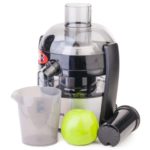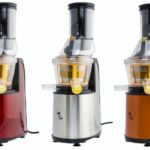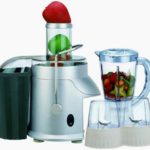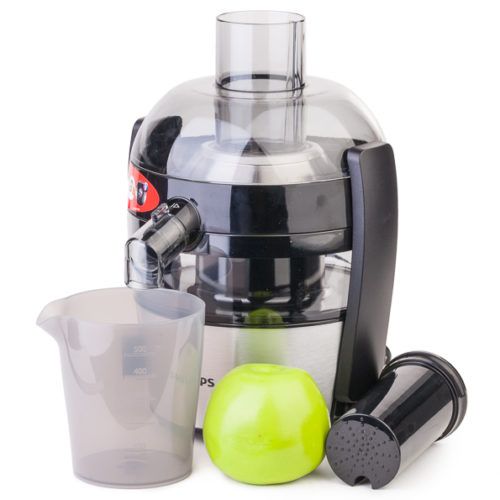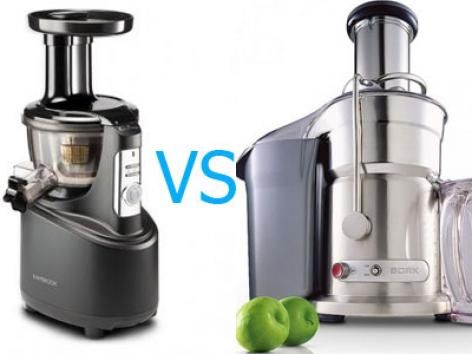The juicer is
A juicer is considered a popular product in household appliance stores. In every family that follows a healthy diet, it is an indispensable part of the kitchen.
The content of the article
What is a juicer
A machine capable of extracting juice from berries, fruits and vegetables - a juicer. Its main function is to squeeze out the juice from the products placed in it by influencing them. The variety available on the market is quite large. When choosing a juicer, you should pay attention to the groups according to the method of operation:
- manual;
- mechanical;
- electric.
Where is the juicer used?
Juicers are used in various fields of activity. This can be large-scale production of drinks and juices, cafes and restaurants providing catering services, and for personal use in the family. In each category, juicers have found their own niche and serve as assistants in the production of natural juice.
For household use
This category is common in the kitchen appliances sales market. They are designed for everyday use by a family of 2-4 people. With their help, you can easily prepare freshly squeezed natural juice for breakfast. However, they are not suitable for processing large quantities of berries or fruits.The price for a household juicer is lower than other categories and is affordable for the average family.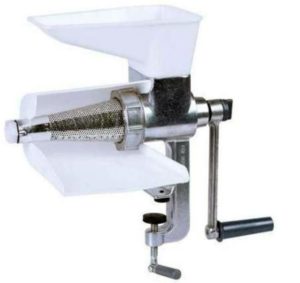
Important! The operating time of the juicer is limited; after 5 minutes of use, it is recommended to stop operation and give the motor time to rest.
For professional use
Juicers in this category are more expensive than the average price. But the increase in price justifies its ability to process large quantities of fruits and berries. The power of professional models is higher and the processing speed increases. They are used for public catering places (cafes, bars, restaurants and similar establishments). 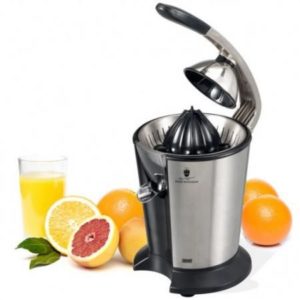 These models are thought out by designers and have a beautiful and effective design to attract the attention of buyers, since the juicers are installed in front of visitors, so that they can see how and from what products a freshly squeezed drink is prepared.
These models are thought out by designers and have a beautiful and effective design to attract the attention of buyers, since the juicers are installed in front of visitors, so that they can see how and from what products a freshly squeezed drink is prepared.
For industrial use
Such models are used in factories, large-scale production of juice and juice-containing drinks. In a regular store, industrial juicers are not presented on the shelves; they are larger and more powerful, capable of processing a colossal amount of products placed in them, without time to rest. The processing speed of products is faster compared to previous types.
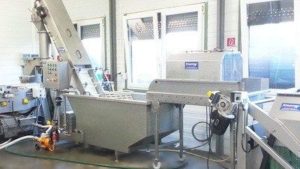 Their appearance is bulky, they don’t put much emphasis on design, the main thing is convenient and practical use.
Their appearance is bulky, they don’t put much emphasis on design, the main thing is convenient and practical use.
What types of juicers are there?
Juicers are divided into several types based on the principle of their use. And each of these types has its own pros and cons, so a person can choose the type that is closer to him and easier to use:
- Manual models are the simplest option, without unnecessary devices. The principle of operation is to obtain juice using human physical strength. The productivity of such devices is very low; a large amount of fruit can be processed over a long period of time. Mostly soft vegetables, fruits and berries are suitable for processing with such a juicer.
| Pros: | Minuses: |
|
|
|
|
|
|
|
Important! Manual models are mainly suitable for soft citrus fruits (lemon, orange, grapefruit).
- Mechanical models, a more complex design, consist of a mechanism for squeezing juice, driven by a lever. The prototype of such models is an ordinary manual meat grinder. The juicer is driven by the physical force of pressure on the lever. The main spiral-shaped part of the structure, using rotational actions, moves fruits, vegetables or berries to the strainer, after which the crushed mass enters the squeeze compartment. The cured juice flows into a special container.
| Pros: | Minuses: |
|
|
|
|
|
|
| |
|
- Electric models are most in demand, due to the operation of the mechanism using electricity.While the juice is being prepared, there is free time to do other things. The performance of this type is much higher than its predecessors. During fruit processing, dry pulp remains, and 95% of the liquid can be obtained in its pure form.
| Pros: | Minuses: |
|
|
|
|
|
|
|
|
| |
|
Each juicer will be a pleasant addition to the kitchen; in a couple of minutes, natural freshly squeezed juice is prepared, containing a large amount of useful substances and vitamins. Knowing all the possible options, it’s easy to choose a model that will be an excellent assistant in preparing natural juices.

